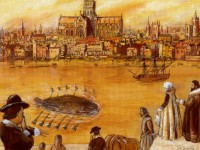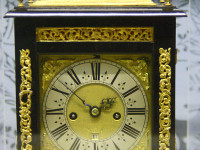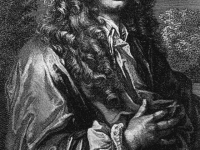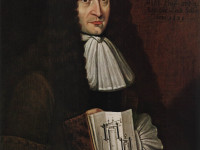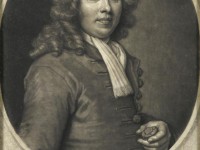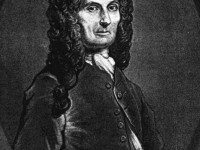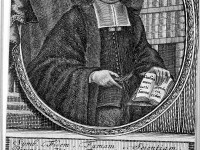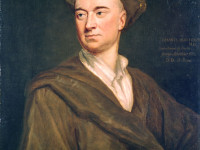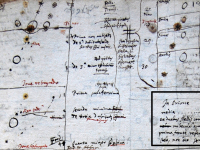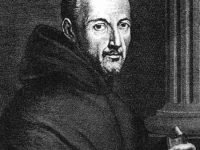Cornelis Drebbel and the first navigatable Submarine
On November 7, 1633, Dutch innovator and inventor Cornelis Jacobszoon Drebbel passed away. Drebbel contributed to the development of measurement and control systems, optics and chemistry, but he is best known for having built the first navigatable submarine in 1620. A Skilled Engraver Cornelis Drebbel was born in Alkmaar, Holland in 1572. After some years at the Latin school in Alkmaar, around 1587, he attended the Academy in Haarlem, also located in…
Read more

